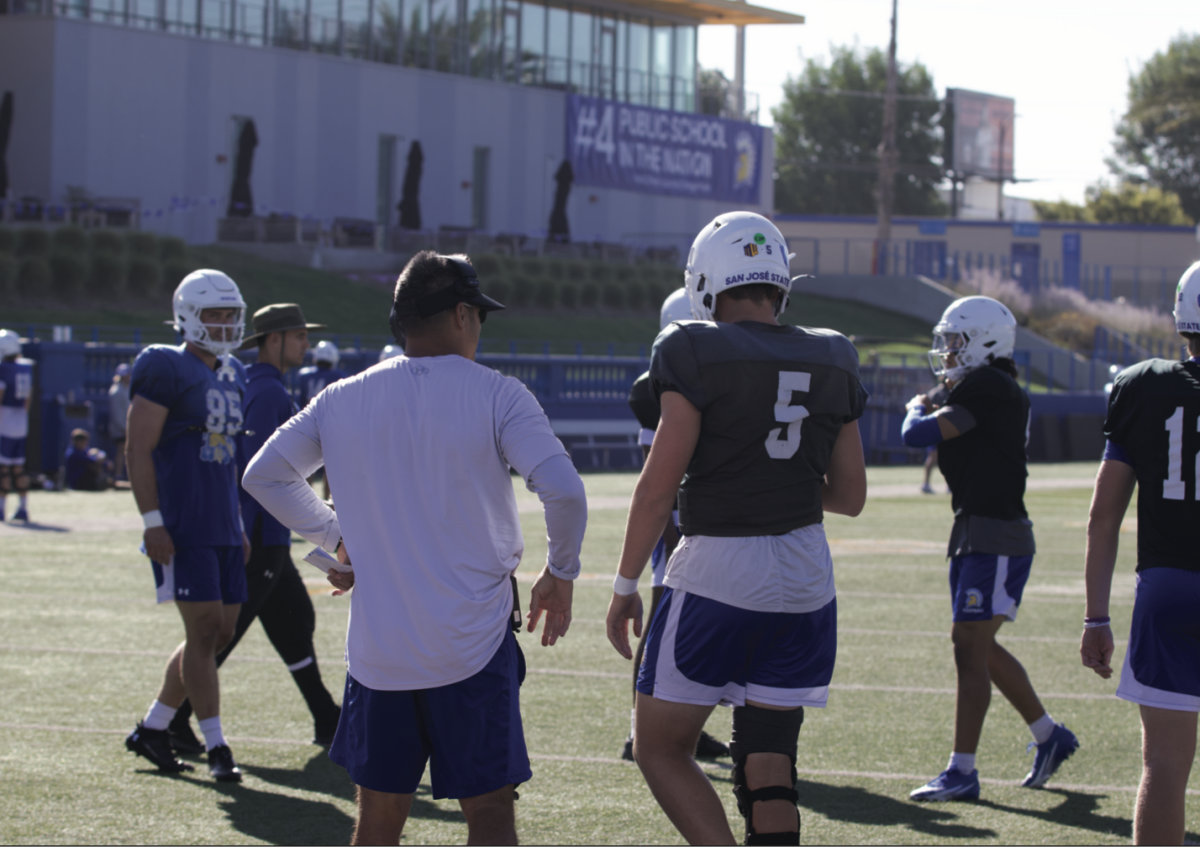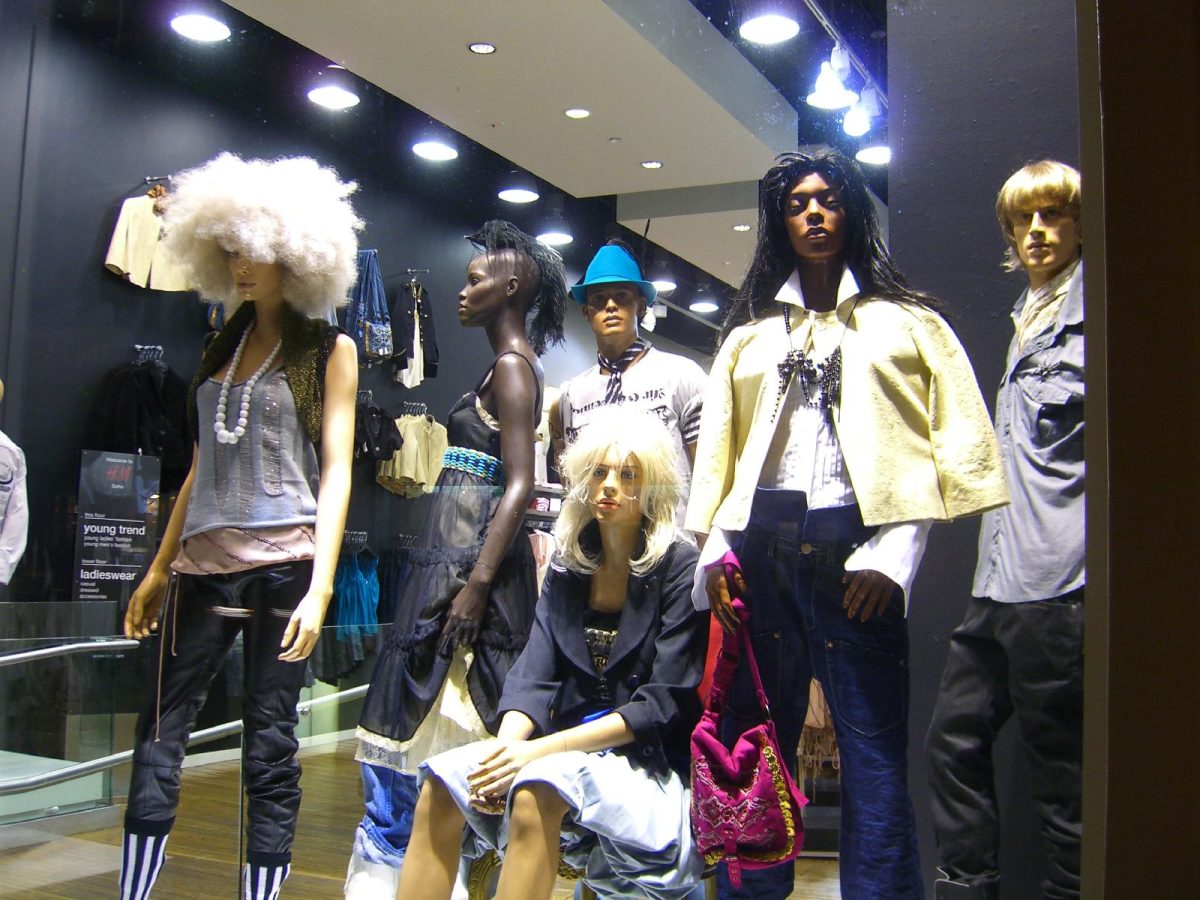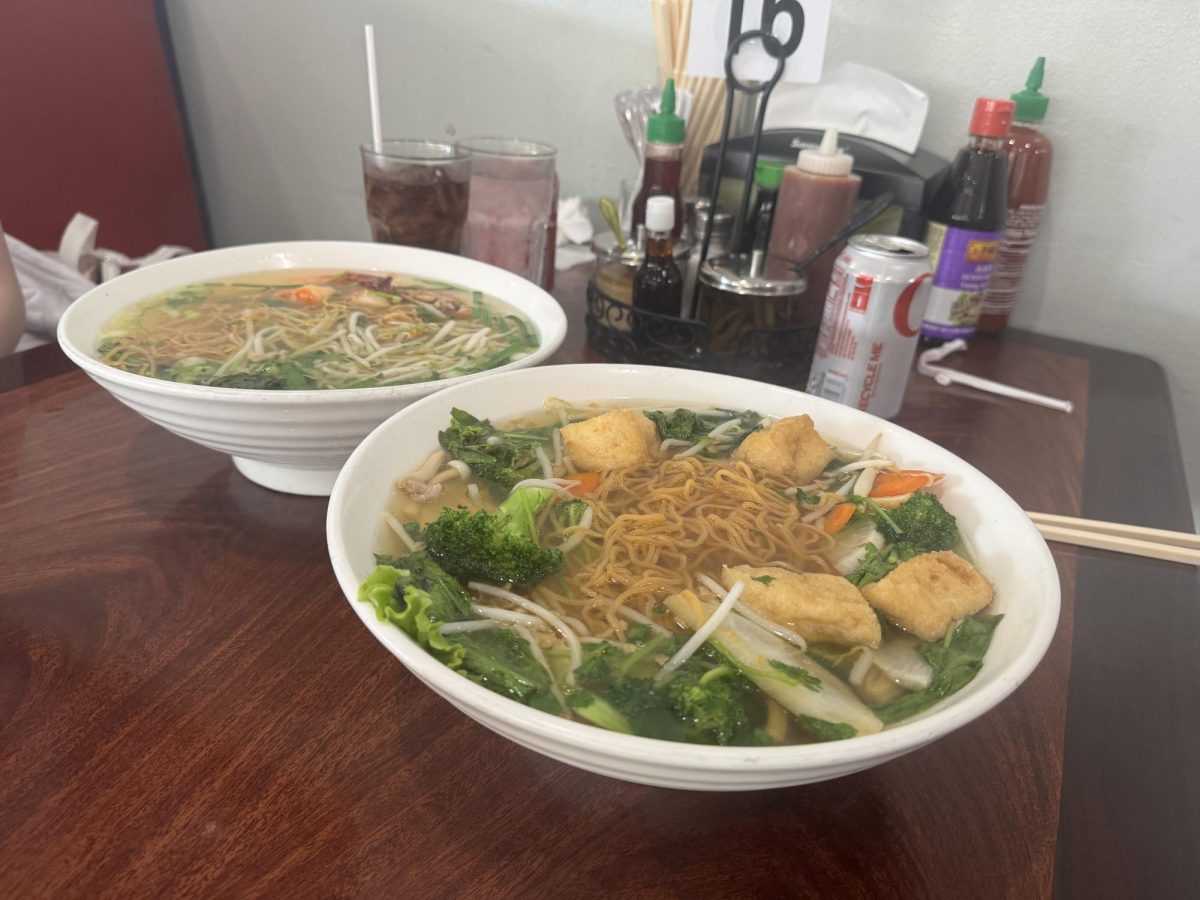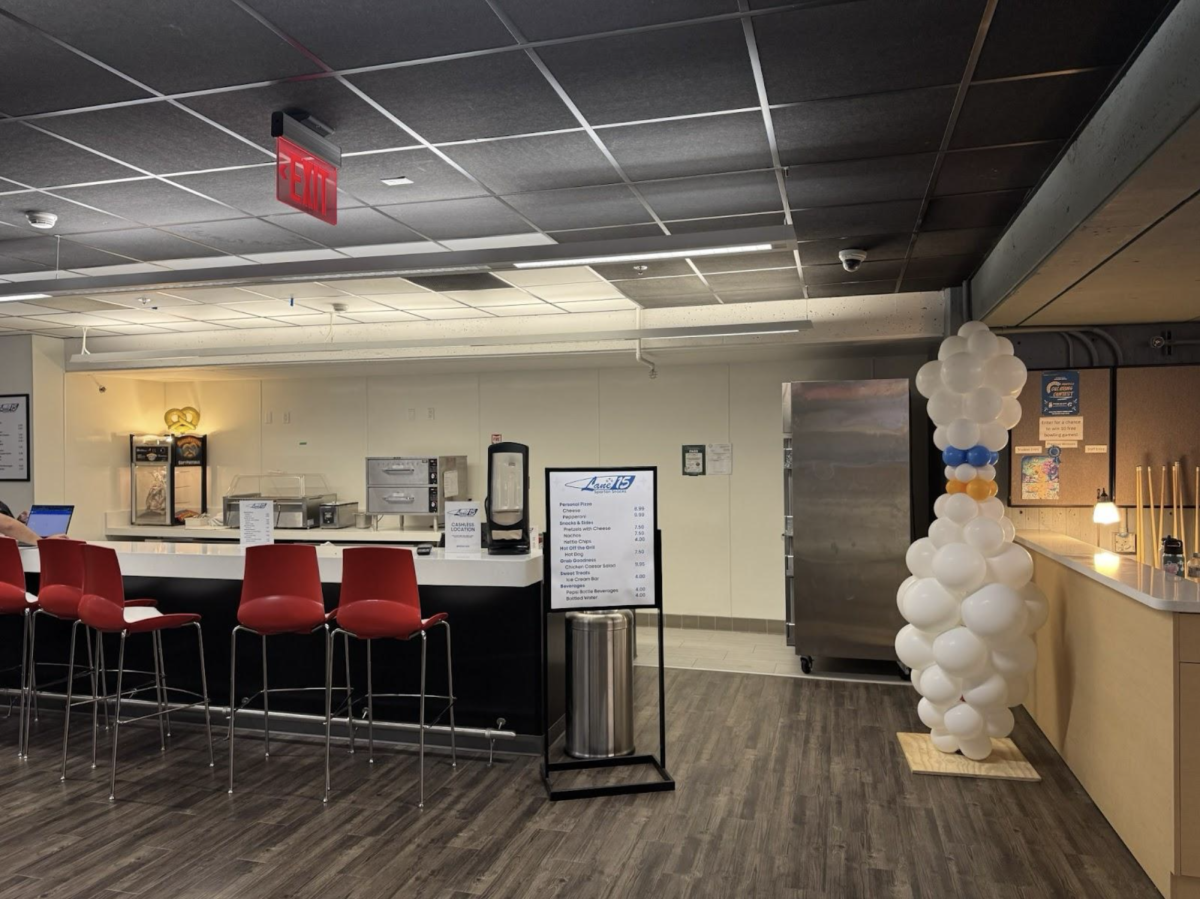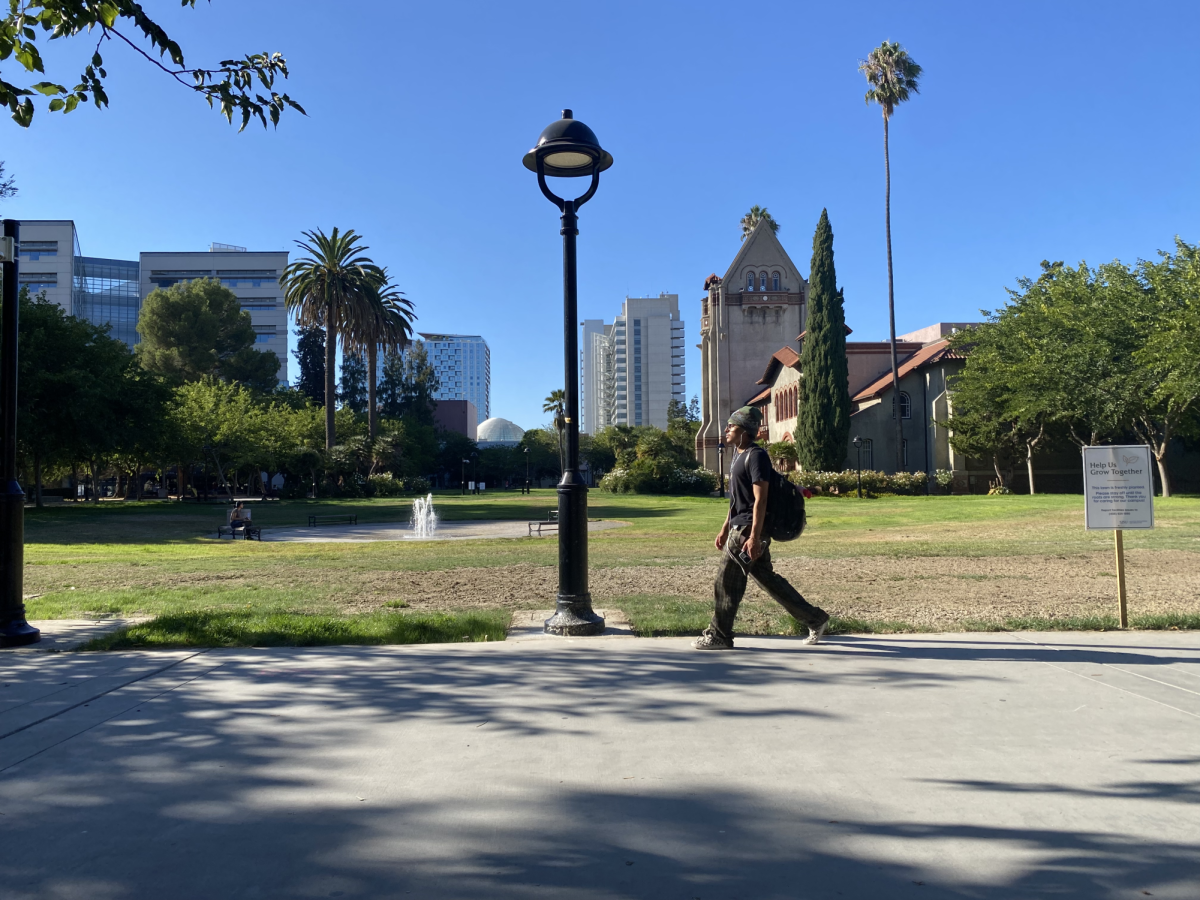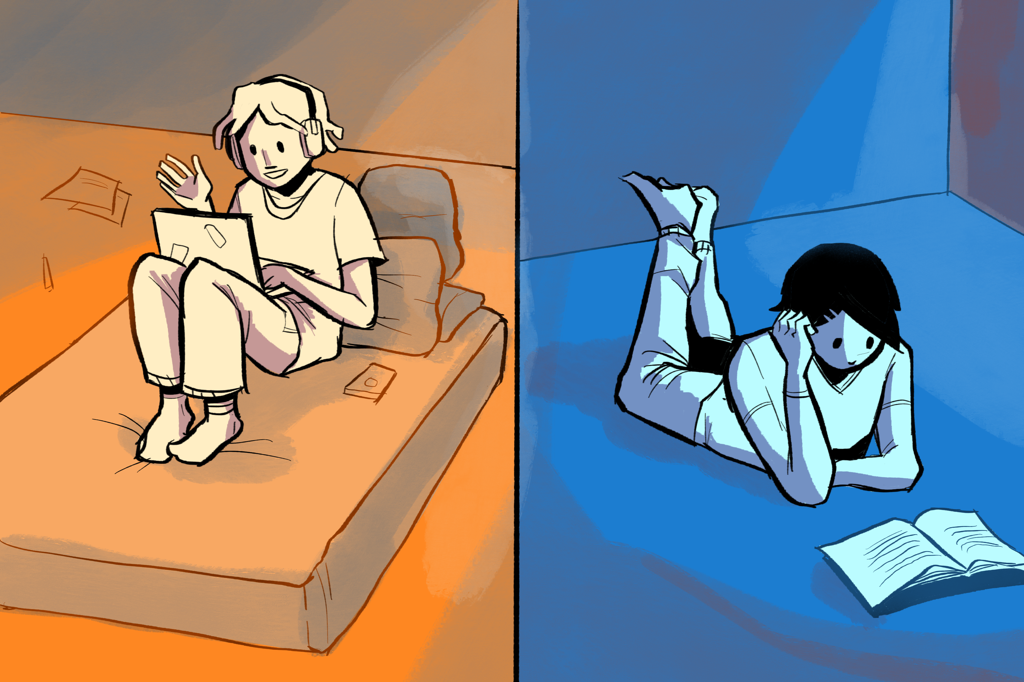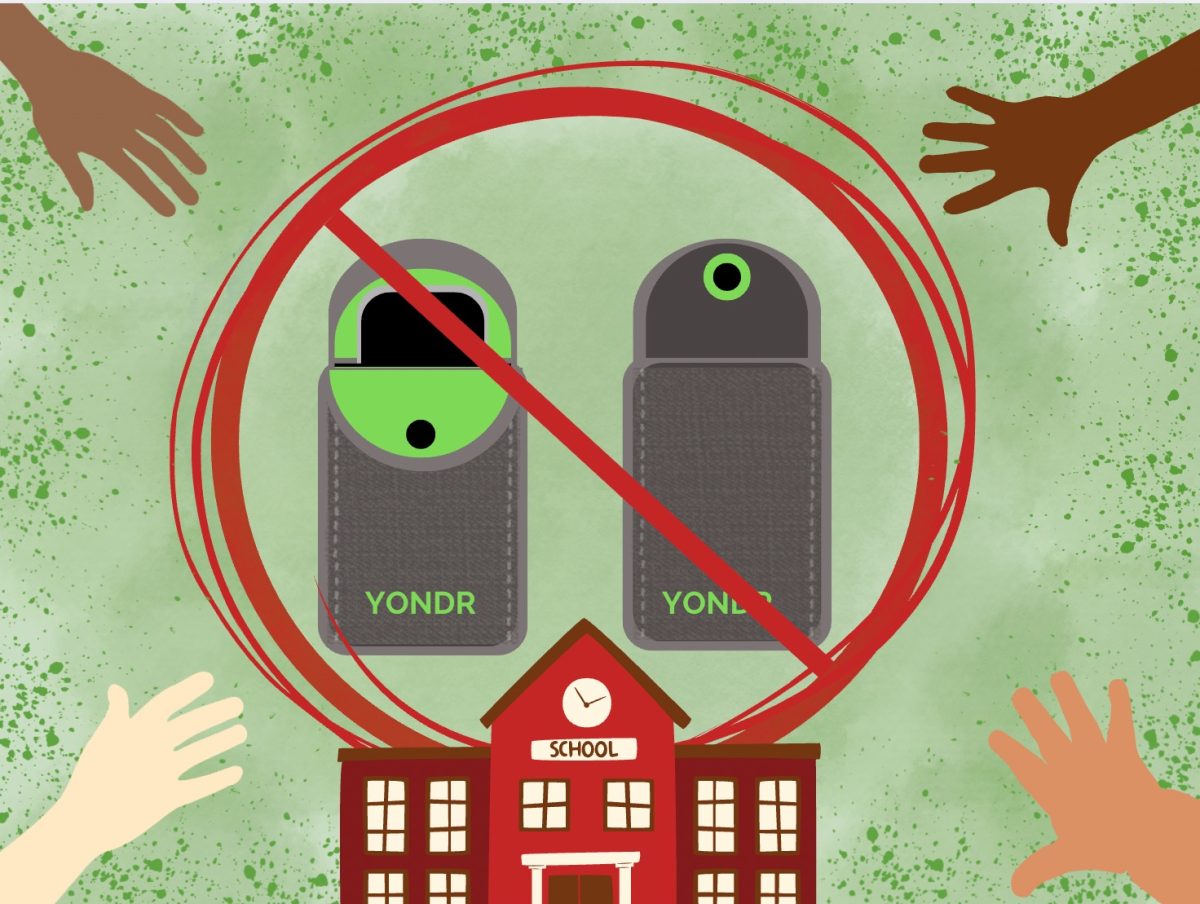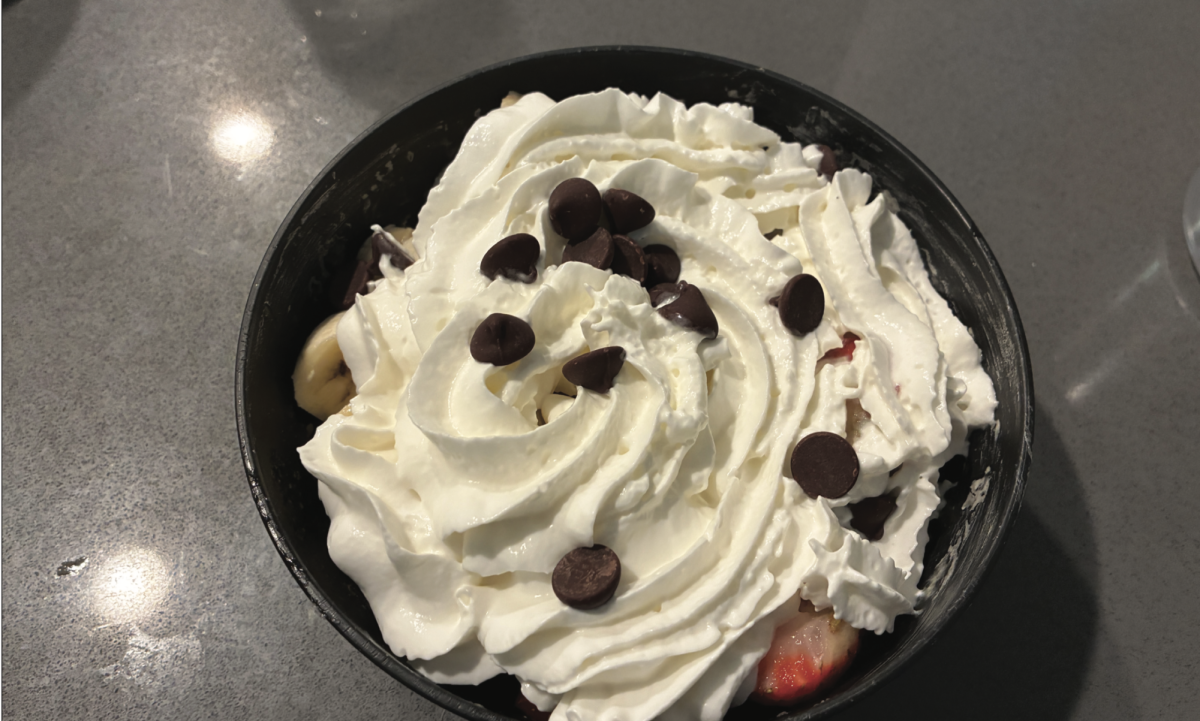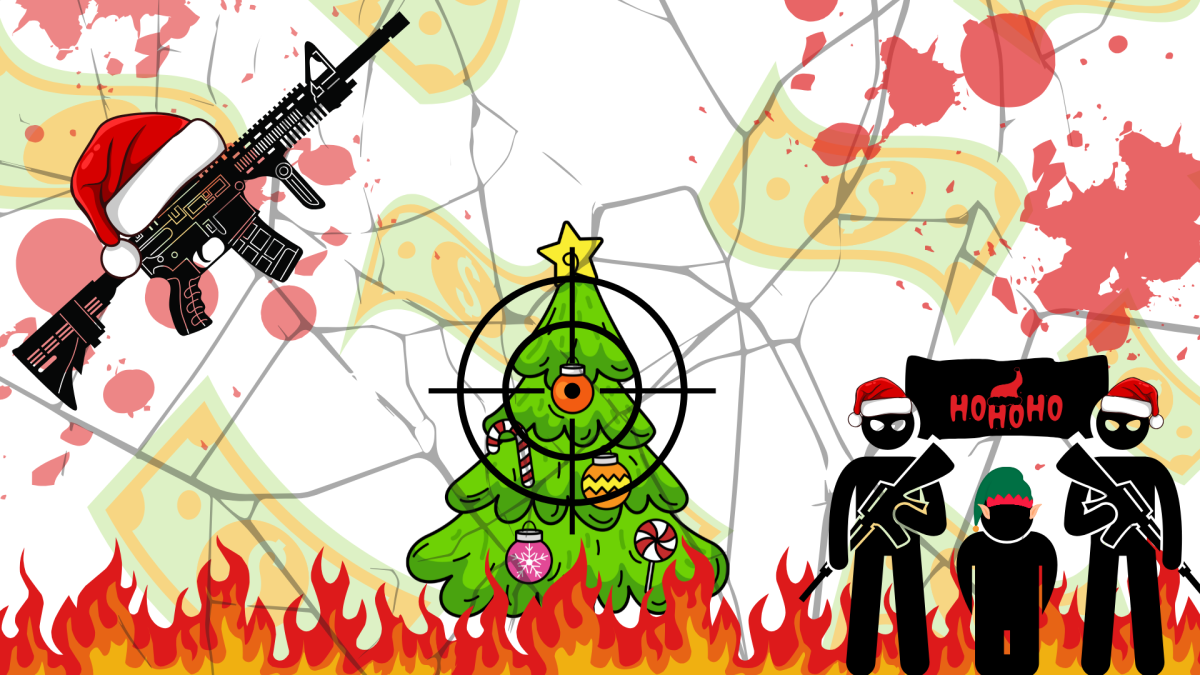Introverts were constantly draining their social batteries with long-winding conversations, superficial chit-chat and simply being near too many people before the coronavirus pandemic.
With a lack of crowds and chatting before class being impossible, what some extroverts may view as depressing is actually contributing to introverts’ success.
For people who’d rather stay inside on a Friday night and drink a hot cup of tea while watching an interesting TV show than be at a club, staying home isn’t something we are forced to do – it’s enjoyed.
The idea of extraversion and introversion was created by Swiss psychiatrist Carl Jung, according to Britannica.
Jung would describe people who were more reserved, shy and often preferred being alone when under stress as introverts, while he considered those who were outgoing and personable as extroverted.
With almost 30 million cases of COVID-19 in the U.S. as of February 2021, according to the Centers for Disease Control and Prevention, the pandemic is justifiably stressful for introverts and extroverts alike.
But introverts retreat to our homes to recharge when we’re stressed.
Knowing something I naturally enjoy could reduce the risk of contracting and transmitting COVID-19, being at home means keeping myself and those I love safe.
The college experience has changed from in-person classes to online instruction and with that, so has student-to-student interactions.
In an October 2019 CNET article, life coach and therapist Chelsea Connors said one of the key ways to determine if someone is an introvert is how they react to social interaction.
Social interactions often leave extroverts rejuvenated, while introverts are left feeling socially drained.
While I loathe the occasional Zoom breakout room, I’m no longer forced into small talk with people before, during or after class.
That’s not to say introverts are completely friendless shut-ins.
Introverts may not miss adventure, crowds and meeting new people, but we do miss the few close relationships we have.
More than ever, I feel melancholic pain that radiates from my chest when I remember I haven’t seen my best friends in over a year. It worsens with every text beginning with the phrase “When this is over . . . ”
Zoom calls suffice but it never feels the same.
I want to be in the same room with friends, go on aimless car rides with them and enjoy their company in person.
Even more difficult for me is the idea my colleague suggested, that outside work and home life have now mingled together.
What once used to be my safe space is now my university campus and in a sense it’s almost as if it is no longer sanctified.
But even so, introverts’ introspective nature makes us much more posed to face the difficulties brought on by the pandemic than extroverts.
We isolated ourselves before it was cool and we’ll continue bouncing back from the pandemic the way we’re naturally prone to do.
So introverts, go brew that tea, grab a blanket and watch your favorite TV show. What we’re doing is enough and we’re doing it well.







